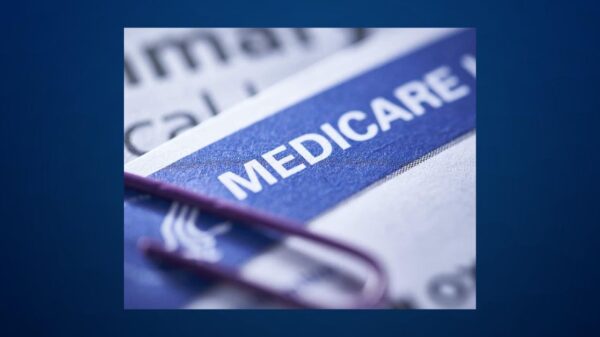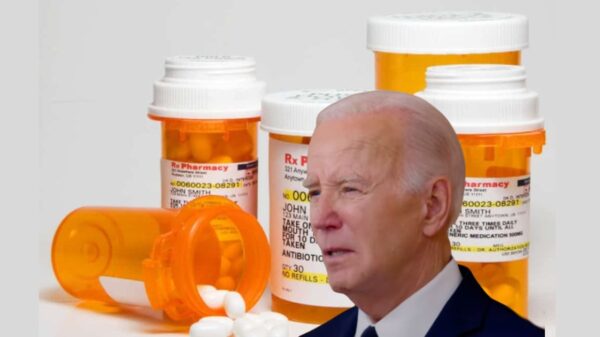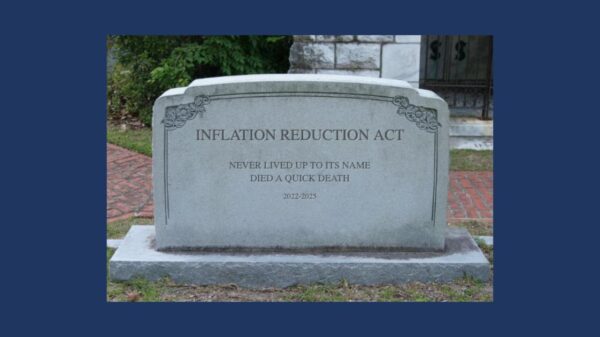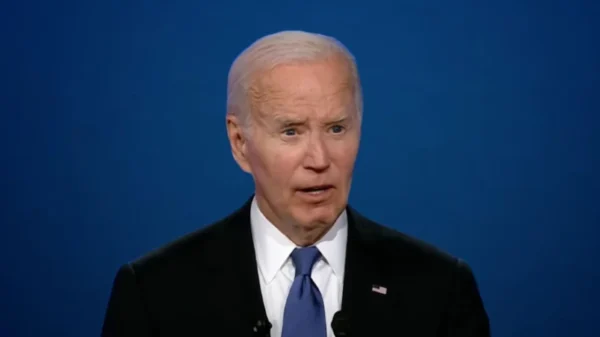President Biden claims to support small businesses during National Small Business Week this week, but his actions speak louder than words. Biden is waging war on small businesses, hitting them hard with new regulations, taxes, and inflation.
At the same time Biden gave his pro-small business remarks on Monday morning, First Republic Bank crashed in one of the biggest bank failures in American history due to Biden’s bad policies. As with the recent failures of Silicon Valley Bank and Signature Bank, First Republic buckled under the weight of plummeting asset values due to the Federal Reserve’s rapidly raised interest rates to fight Bideninflation.
The banking crisis is limiting access to credit for small businesses, preventing them from operating at capacity or expanding. Small banks, which make 60 percent of small business loans and 80 percent of farm loans, are especially vulnerable as depositors flee for big banks in a perceived flight to safety. Biden and Democrats don’t seem to care. They want more government control over a far fewer number of banks.
The lack of access to credit is only one front in Biden’s war on small businesses. Biden’s reckless spending has fueled historic and prolonged inflation that’s eroded small businesses’ already thin profit margins. Inflation under Biden’s presidency exceeds 15 percent, meaning entrepreneurs who can’t raise their prices are one-sixth poorer under Biden.
Sensible legislation passed by the House of Representatives last week to rein in this inflationary spending and help small businesses has been rejected by Biden and his fellow Democrats.
Biden is also stepping up his regulatory assault on small businesses. He is pursuing labor regulations that would make becoming an independent contractor or franchisee more difficult. And he is pushing environmental regulations that raise the cost of energy and transportation — two significant small business input costs. For instance, Biden’s EPA recently announced regulations to require two-thirds of new cars to be electric in only nine years.
Finally, Biden is trying to pass massive tax hikes on small businesses. In his recent budget, Biden proposes raising the tax rate on small businesses structured as corporations by one-third. He promises to extend and expand the Obamacare investment surcharge tax to small business income. And he wants to return the top marginal tax rate to 40 percent.
These tax hikes would transfer money from Main Streets across the country where it is needed to Washington D.C., where it would be spent on big government programs of little to no value.
Job Creators Network‘s American Small Business Prosperity Plan fights back in an effort to bring Main Street back. Each of the plan’s eight proposed policy provisions, co-developed with former Speaker of the House Newt Gingrich, enjoys over 70 percent support from American small business owners. Three of the plan’s provisions, ending reckless spending, regulatory relief, and work requirements for welfare, were passed in last week’s House legislation.
One of the most critical aspects of this plan, which policymakers should take up next, is making the Tax Cuts and Jobs Act permanent. This 2017 legislation implemented numerous tax breaks for small businesses, including the ability to deduct 20 percent of their income. These tax cuts allow small businesses to operate on a level playing field with their big business and international competitors.
However, without Congressional action, these small business tax cuts have begun to expire and will fully expire after 2025. Congress must act now so small businesses can make their financial and investment plans today.
Making small business tax cuts permanent can help small businesses threatened by banking collapses and the Biden administration’s war on small business. There’s no better time for legislators to make such a commitment than during National Small Business Week.
Alfredo Ortiz is president and CEO of Job Creators Network and the author of The Real Race Revolutionaries: How Minority Entrepreneurship Can Overcome America’s Racial and Economic Divides. This article was originally published by RealClearPolicy and made available via RealClearWire.




















